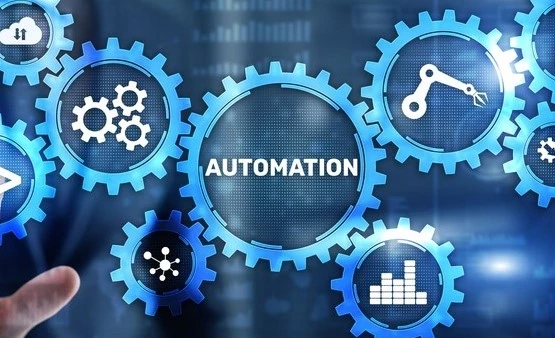The Future of Workflow Management Lies in AI
Businesses that act today will lead tomorrow, proving that the future of workflow management truly lies in AI.

In today’s fast-paced digital economy, businesses are under constant pressure to operate more efficiently, reduce costs, and deliver value at scale. Traditional workflow management systems, while helpful, often lack the intelligence to adapt to complex business needs. This is where Artificial Intelligence (AI) comes in; redefining how organisations design, manage, and optimise workflows.
Why Traditional Workflow Management Falls Short
For years, workflow management has focused on automating routine tasks, creating approval pipelines, and ensuring compliance. While effective to an extent, these systems operate on rigid rules and predefined logic. They struggle when faced with dynamic environments where human decision-making and adaptability are required.
This limitation has left businesses searching for smarter solutions, ones that not only automate but also optimise processes in real time.
The AI Advantage in Workflow Management
AI-powered workflow management goes beyond basic automation. By leveraging machine learning algorithms and data-driven insights, AI introduces:
1. Adaptive Automation: AI systems can learn from patterns, predict bottlenecks, and adjust workflows automatically.
2. Predictive Decision-Making: Instead of waiting for issues to occur, AI anticipates potential delays or errors and recommends solutions.
3. Intelligent Resource Allocation: AI ensures the right people and tools are assigned to tasks based on workload, skills, and deadlines.
4. Process Optimisation: Over time, AI analyses workflow data to suggest improvements that reduce inefficiencies and boost productivity.
In short, AI doesn’t just execute processes; it makes them smarter.
Real-World Applications
Forward-thinking companies are already reaping the benefits of AI in workflow management:
1. Customer Service: AI chatbots and automated ticketing systems handle routine queries, freeing human agents to focus on complex cases.
2. Supply Chain: AI predicts demand fluctuations, automates inventory management, and streamlines logistics.
3. Finance: Automated fraud detection, invoice processing, and predictive analytics ensure faster, safer financial workflows.
4. HR: AI speeds up recruitment by screening candidates, managing onboarding workflows, and tracking employee engagement.
These applications demonstrate how AI turns workflow management from a static system into a dynamic growth driver.
The Future Outlook
The future of workflow management is undeniably AI-driven. As technology advances, businesses can expect:
1. Hyper-Automation: Combining AI with robotic process automation (RPA) for end-to-end business automation.
2. Self-Improving Systems: Workflows that continuously learn and improve with minimal human intervention.
3. Greater Personalisation: Tailored workflows that adapt to individual employee or customer needs.
4. Integration Across Ecosystems: AI that seamlessly connects workflows across departments, suppliers, and partners.
Companies that embrace AI now will not only gain efficiency but also secure a competitive edge in an increasingly digital-first world.
Final Thoughts
Workflow management is no longer about simply automating tasks, it’s about creating intelligent, self-adapting systems that drive growth and profitability. AI is the backbone of this transformation. The businesses that act today will lead tomorrow, proving that the future of workflow management truly lies in AI.



